archive
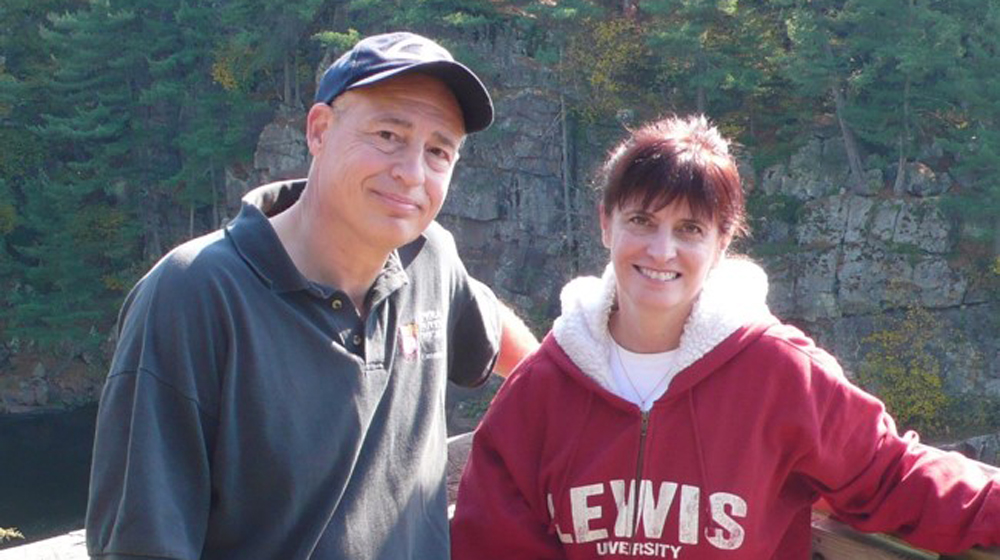
"Civil War Chicago: Eyewitness to History" on October 20th
Professor of History Theodore J. Karamanski, PhD and Loyola alumna Eileen M. McMahon, PhD, will discuss their new book on the Civil War’s transformative role in Chicago's development.
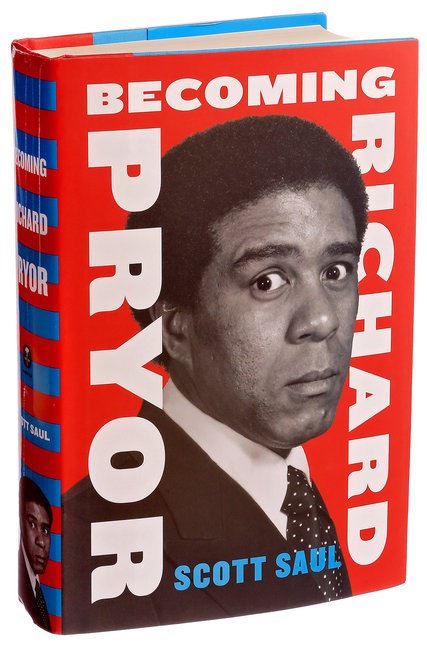
Richard Pryor Biographer to Speak at Loyola
Scott Saul, the author of Becoming Richard Pryor, will give a public lecture on the comedian entitled "Living with Richard Pryor: A Biographer's Tale" on Friday, April 24 at 3 PM.
Timothy Gilfoyle on "The Changing Forms of History"
Should history be a book discipline? What constitutes "acceptable scholarship" in history? Professor Timothy Gilfoyle considers the rich and diverse forms that historical scholarship take from books, digital media, and public history projects in his article "The Changing Forms of History" in April's edition of Perspectives on History, the AHA newsmagazine.

"The Rise of the Nation-Saint" on November 5th
Prof. Kathleen Sprows Cummings, University of Notre Dame, discusses a pre-circulated paper on the efforts of U.S. Catholics to secure their first canonized saint for the third meeting of the 2015-2016 Ramonat Seminar Series.
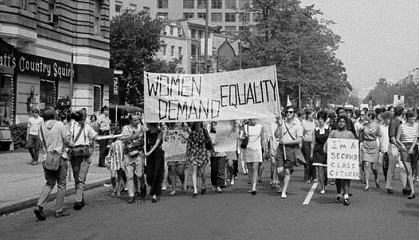
Voices of Chicago Women Activists
Celebrate Women's History Month with the Women & Leadership Archives and the Chicago Area Women's History Council. Come hear multimedia excerpts of oral histories by Columbia College honors students featuring Chicago women activists and leaders. The event will be held on Sunday, March 16th from 2:00pm-5:00pm on the 1st floor of Piper Hall.

What was Chrysler Village and how did it get its name?
Public History graduate students know and shared their work on a historic nomination for the neighborhood with Ask Geoffrey on WTTW the other night.
LEARN MORE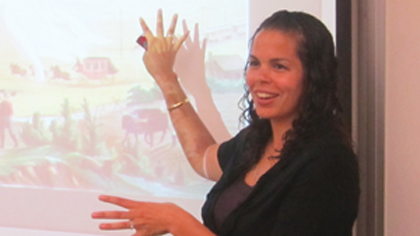
Closing the Gap
Sarah Doherty (PhD '12) reflects on the importance of the Preparing Future Faculty Program in equipping her, and other minority doctoral students, with the skills necessary for a career in academia.
LEARN MOREProfessor Platt Publishes New Book
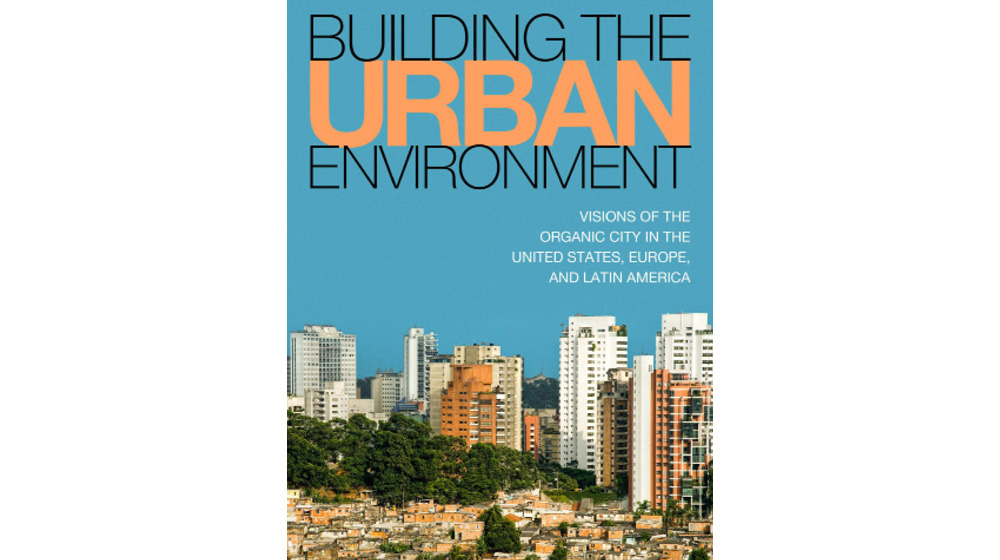
Professor Emeritus Harold Platt's new book, Building the Urban Environment: Visions of the Organic City in the United States, Europe, and Latin America, recently published by Temple University Press, offers a transnational approach to urban environmental history. Using case studies from seven cities, including Chicago, Rotterdam, and Sao Paulo, Platt explores the contestations between planners, policy makers, and residents over the production and meaning of urban space.
As Platt explains, during the post-1945 race to technological modernization, policymakers gave urban planners of the International Style extraordinary influence to build their utopian vision of a self-sustaining "organic city." However, in the 1960s, they faced a revolt of the grassroots. Building the Urban Environment traces the rise and fall of the Modernist planners during an era of Cold War, urban crisis, unnatural disasters, and global restructuring in the wake of the oil-energy embargo of the 1970s.
Reviewer Maureen Flanagan described Building the Urban Environment as "entirely original in its overall conceptualization, synthesis of the literature, and its major arguments... It challenges the reader to reconsider the rationales/rationality of modernism as well as the values upon which so much of the received wisdom of the post-WWII planning of cities was predicated."
Building the Urban Environment joins Shock Cities and The Electric City among Platt's contributions to urban and environmental history.
Congratulations on this achievement, Dr. Platt!
